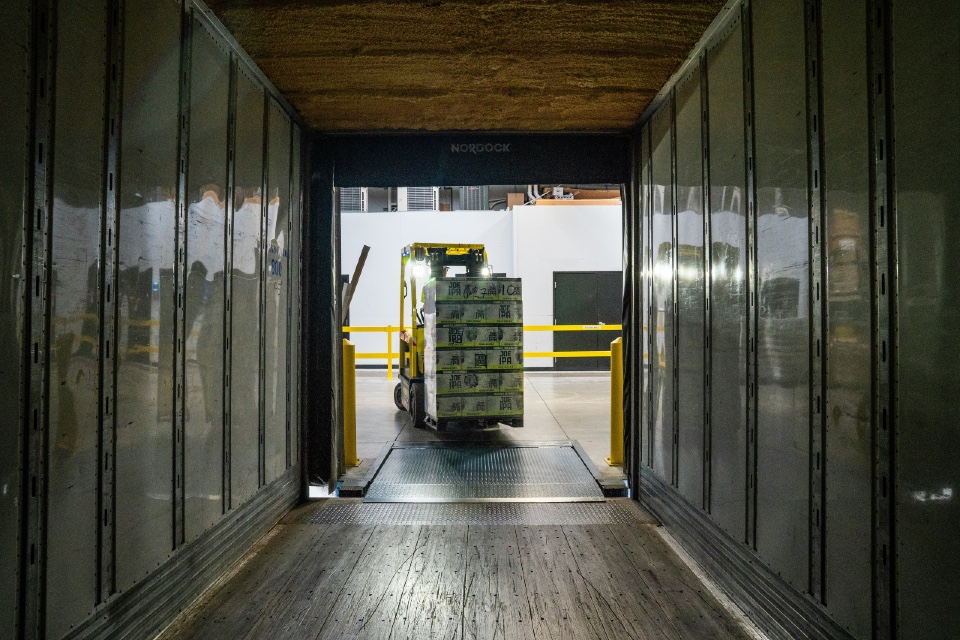Logistics and operations management is a multifaceted function with a profound impact on an organisation’s bottom line. For senior supply chain professionals, understanding the challenges and benefits of this critical area is paramount…
The Challenges
- Complexity and Interconnectedness: Logistics and operations encompass a vast array of activities, from procurement to distribution. Managing these interconnected processes can be complex.
- Globalisation and Supply Chain Disruptions: Increased globalisation exposes supply chains to disruptions such as geopolitical events, natural disasters, and economic fluctuations.
- Evolving Customer Expectations: Rising customer expectations for faster delivery and increased product choice put pressure on logistics and operations.
- Technological Integration: Integrating new technologies like AI, automation, and IoT can be challenging but necessary to remain competitive.
- Talent Management: Finding and retaining skilled logistics and operations professionals is a persistent challenge.
- Cost Management: Balancing operational costs with service levels and customer satisfaction is a delicate balancing act.
The Benefits
- Enhanced Customer Satisfaction: Efficient logistics and operations lead to improved order fulfillment, faster delivery times, and increased customer satisfaction.
- Cost Reduction: Streamlined processes, optimized inventory management, and efficient transportation can yield significant cost savings.
- Supply Chain Resilience: Strong logistics and operations management can help mitigate risks and build a more resilient supply chain.
- Competitive Advantage: Effective logistics and operations can differentiate an organisation from its competitors,leading to increased market share.
- Data-Driven Decision Making: Advanced analytics and data-driven insights can optimise operations and improve performance.
Key Considerations
- Visibility and Control: Implement systems that provide real-time visibility into the supply chain, enabling proactive decision-making and issue resolution.
- Technology Adoption: Embrace technology to automate processes, improve efficiency, and gain a competitive edge.
- Talent Development: Invest in training and development programs to build a skilled workforce capable of managing complex logistics and operations.
- Risk Management: Develop robust contingency plans to mitigate disruptions and ensure business continuity.
- Sustainability: Integrate sustainability into logistics and operations, considering factors like carbon emissions and resource efficiency.
By understanding the challenges and harnessing the benefits of logistics and operations management, senior supply chain professionals can drive operational excellence, enhance customer satisfaction, and contribute significantly to the organisation’s overall success.
Are you searching for Logistics & Operations Management solutions? The Total Supply Chain Summit can help!







